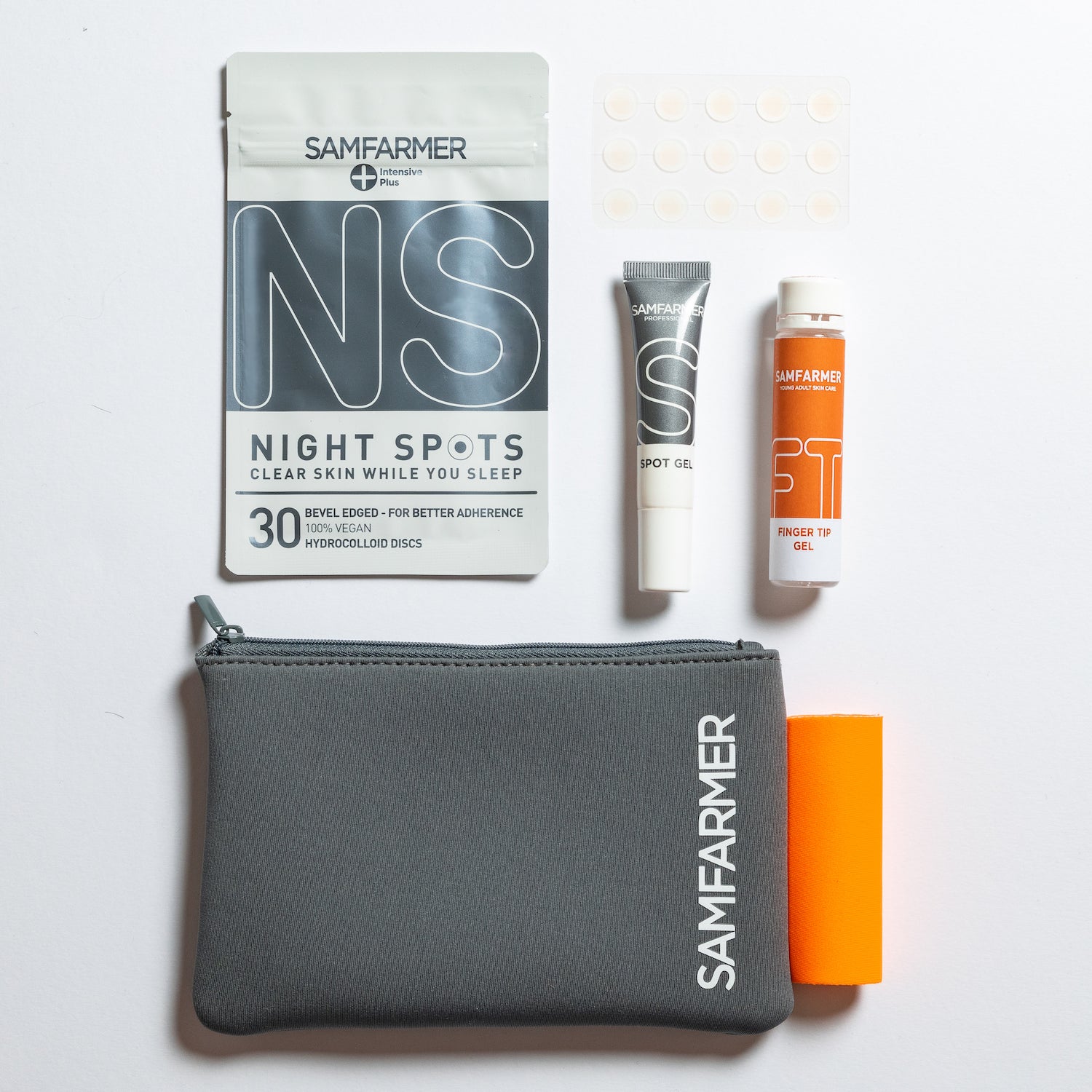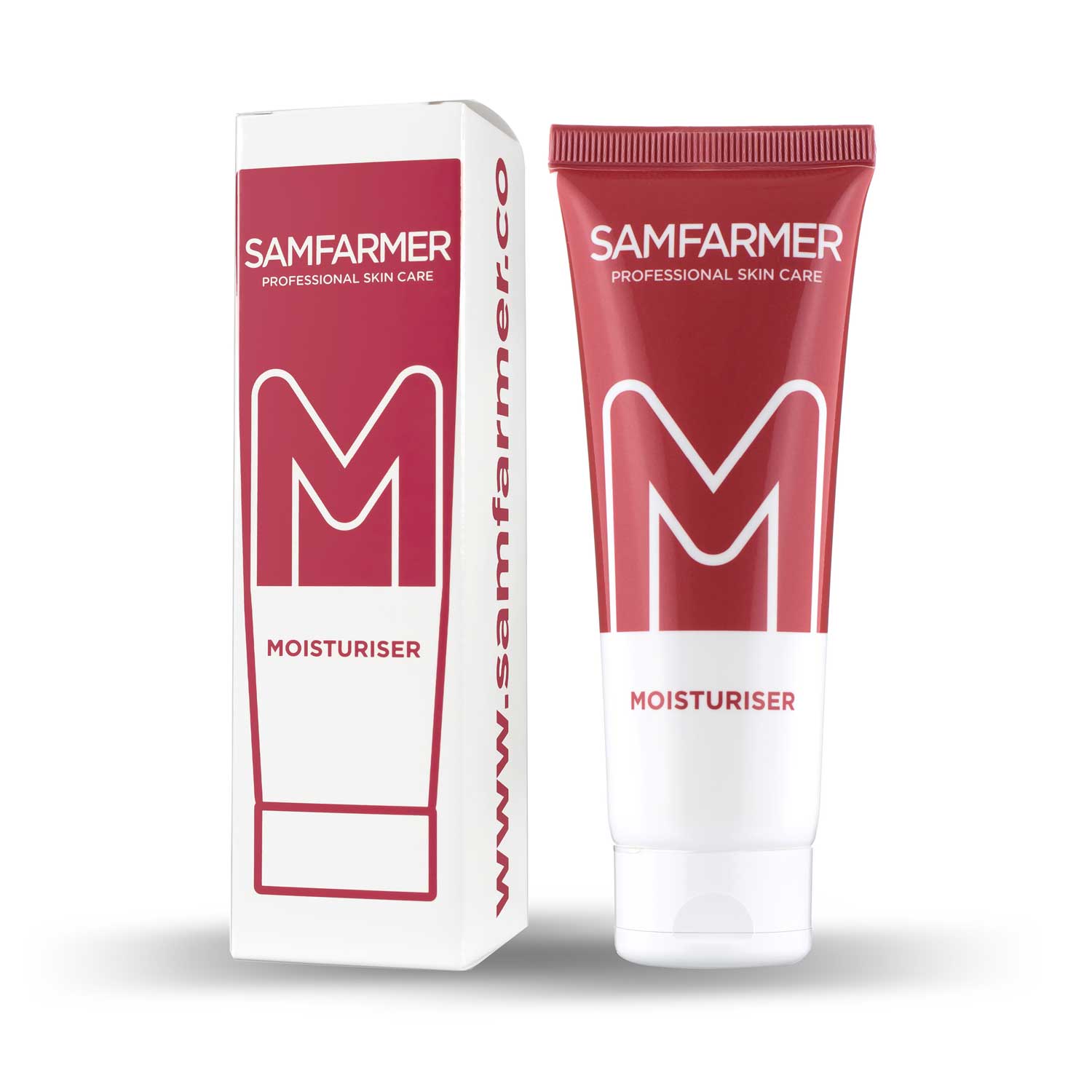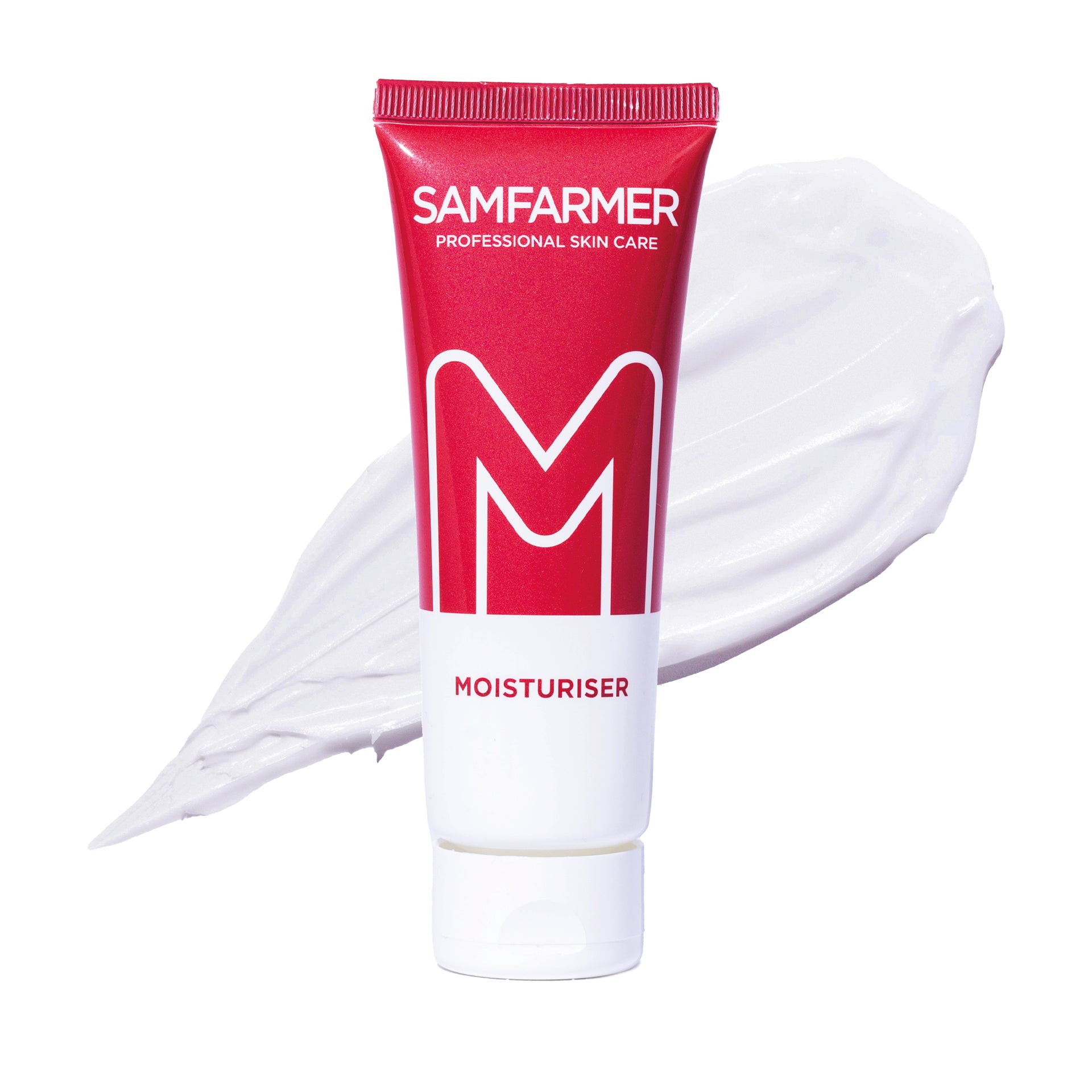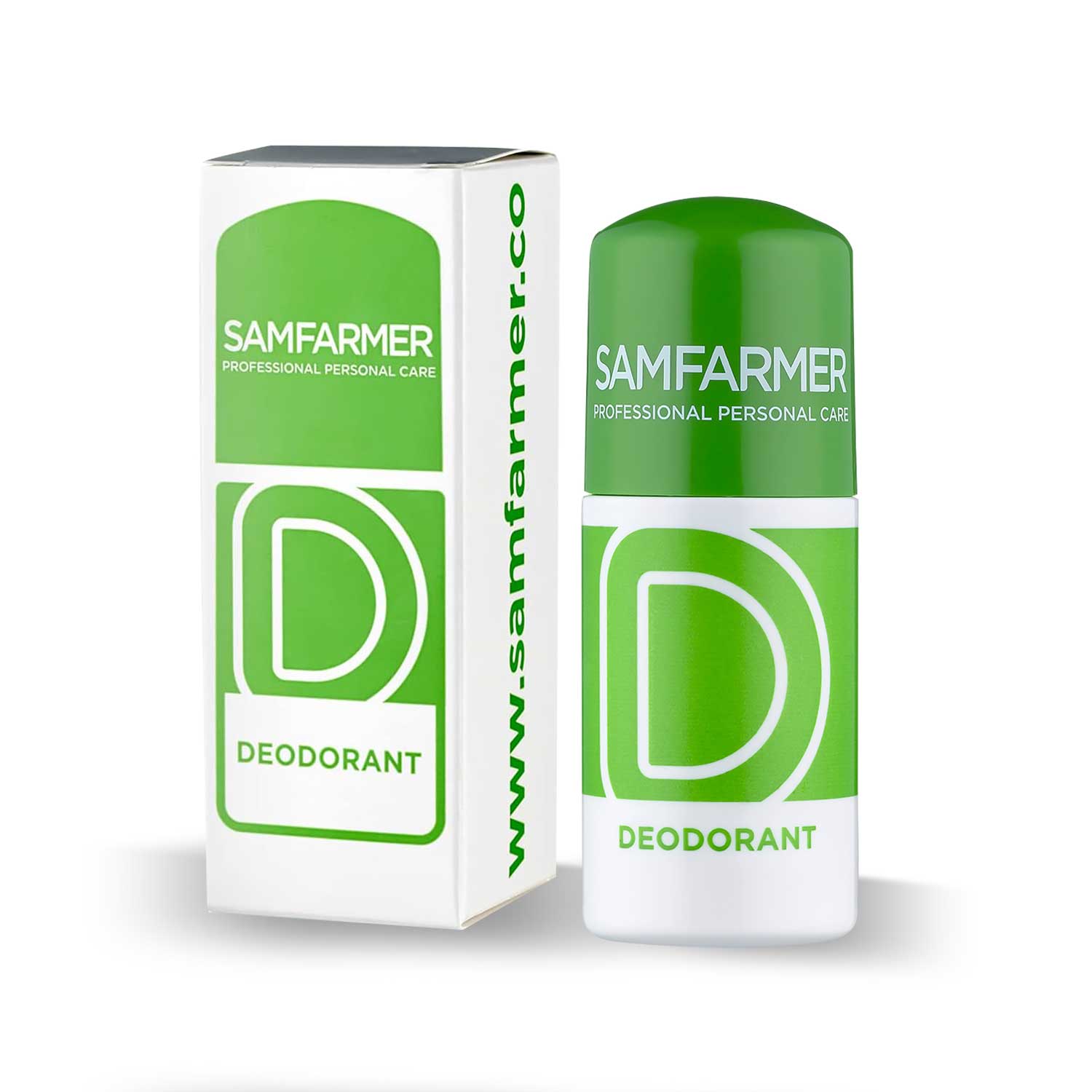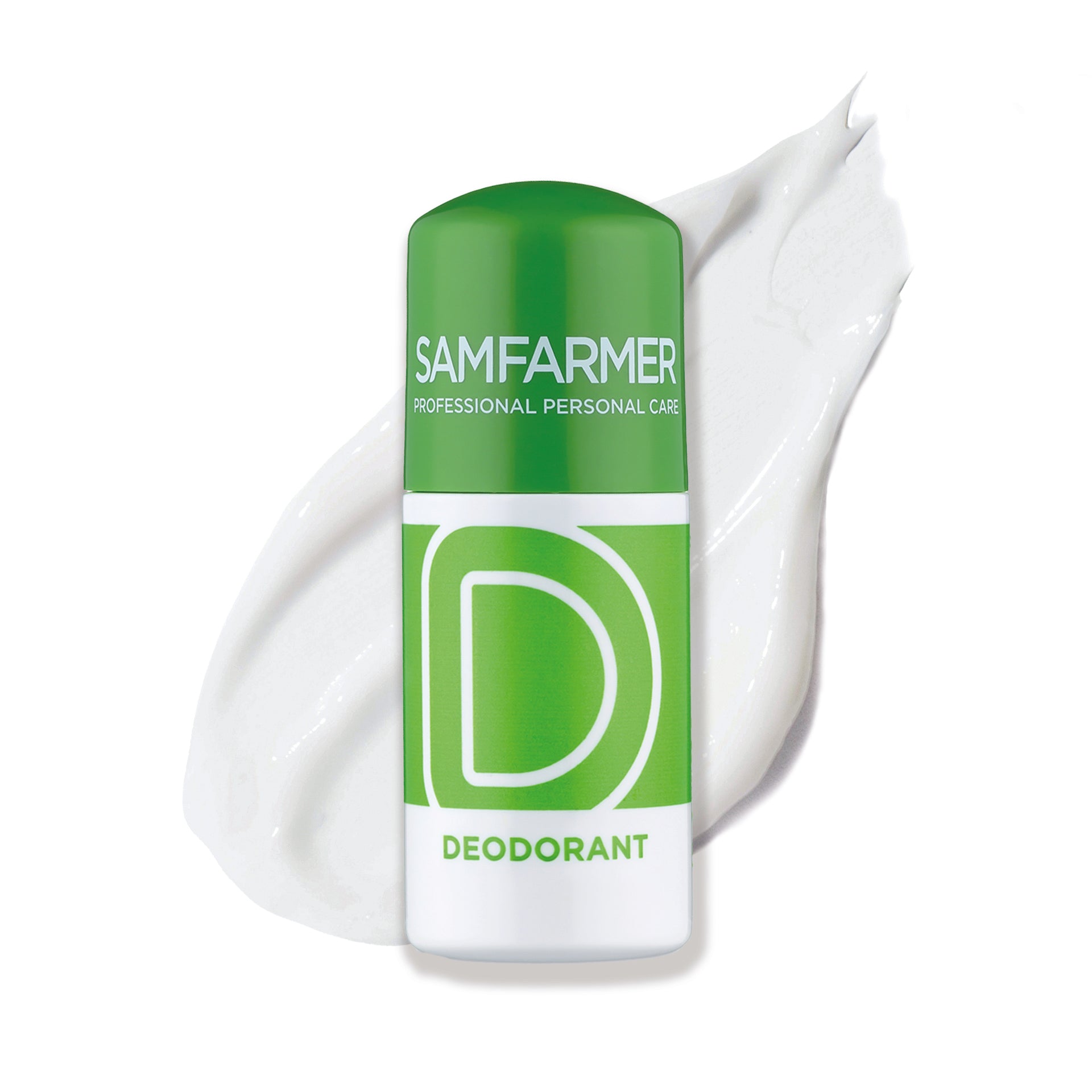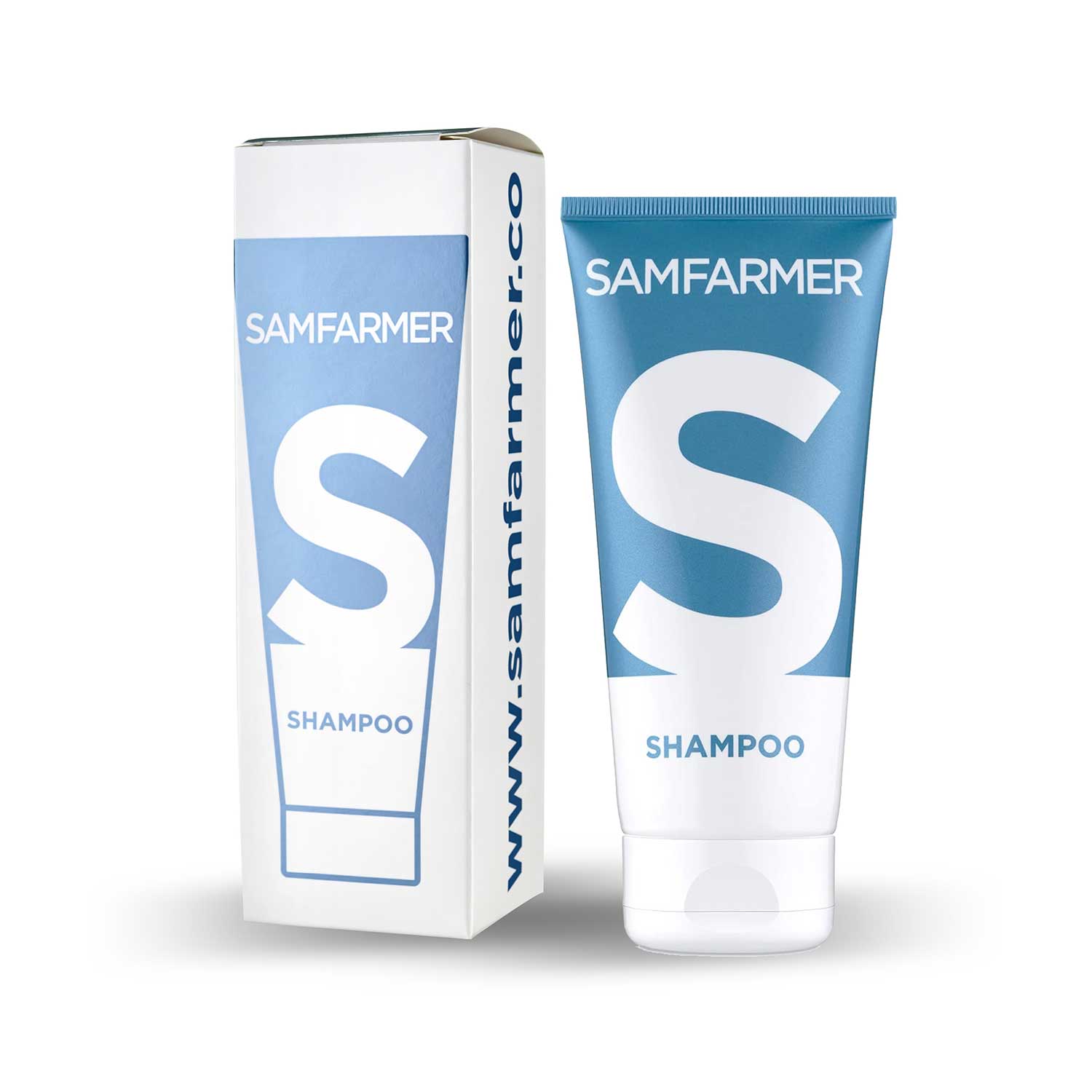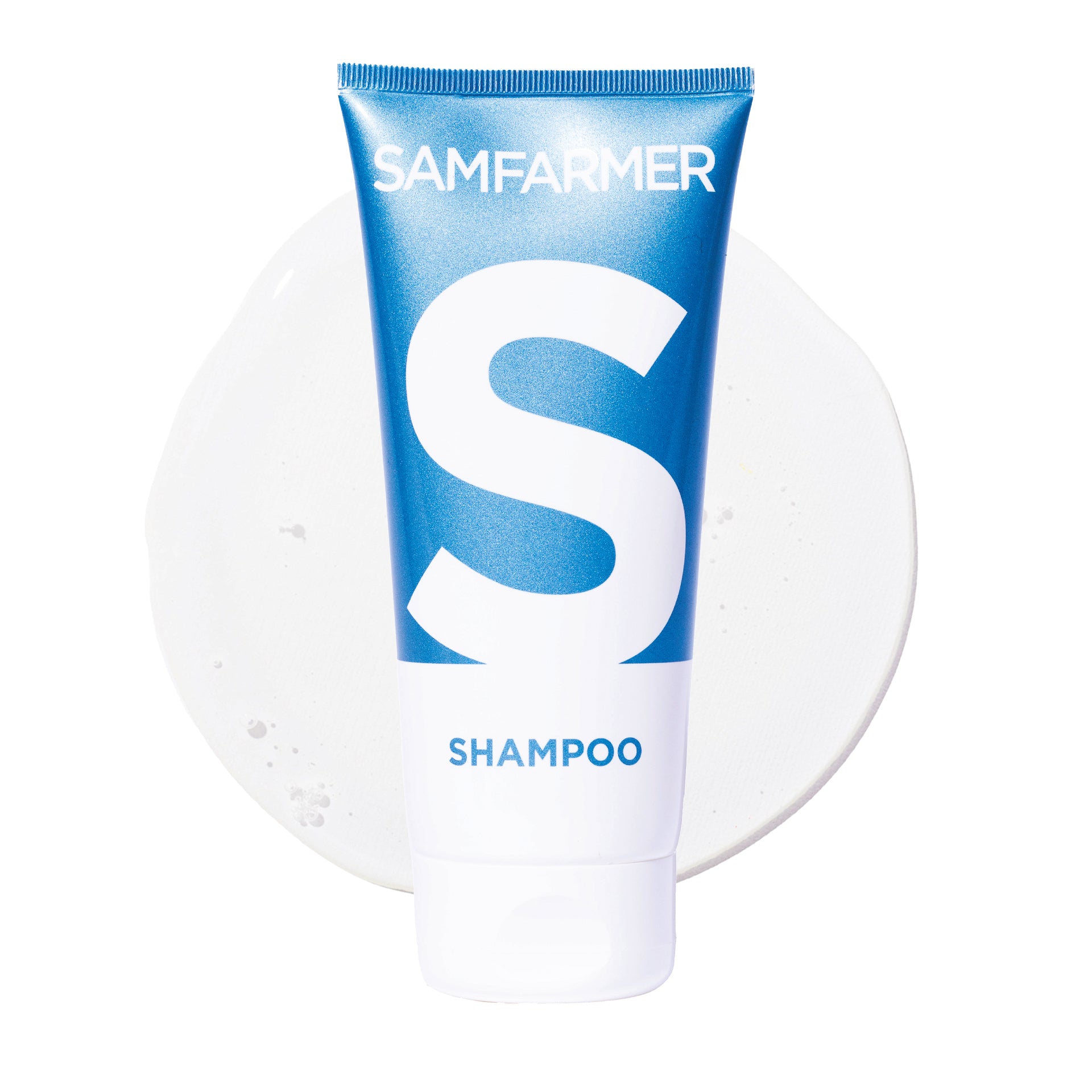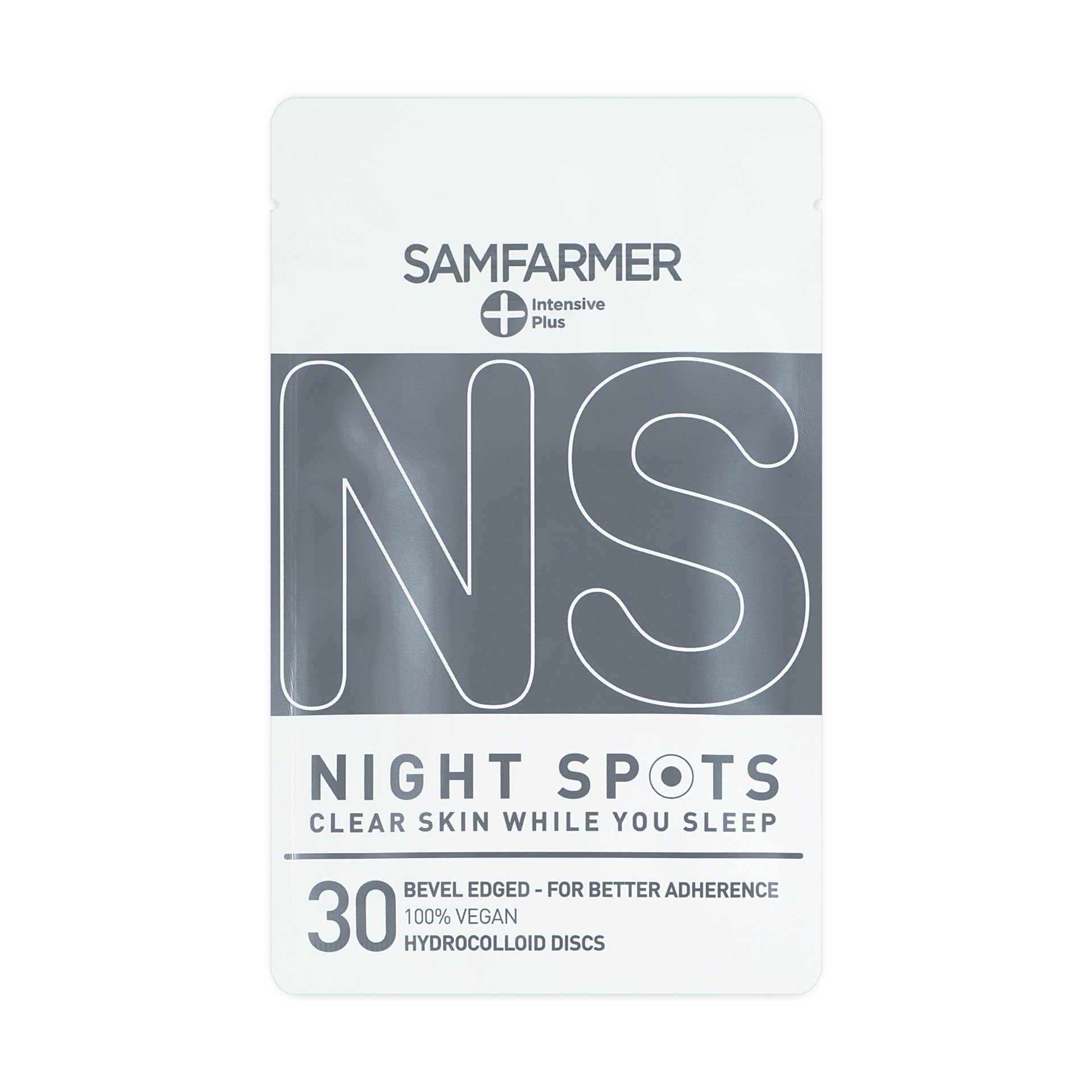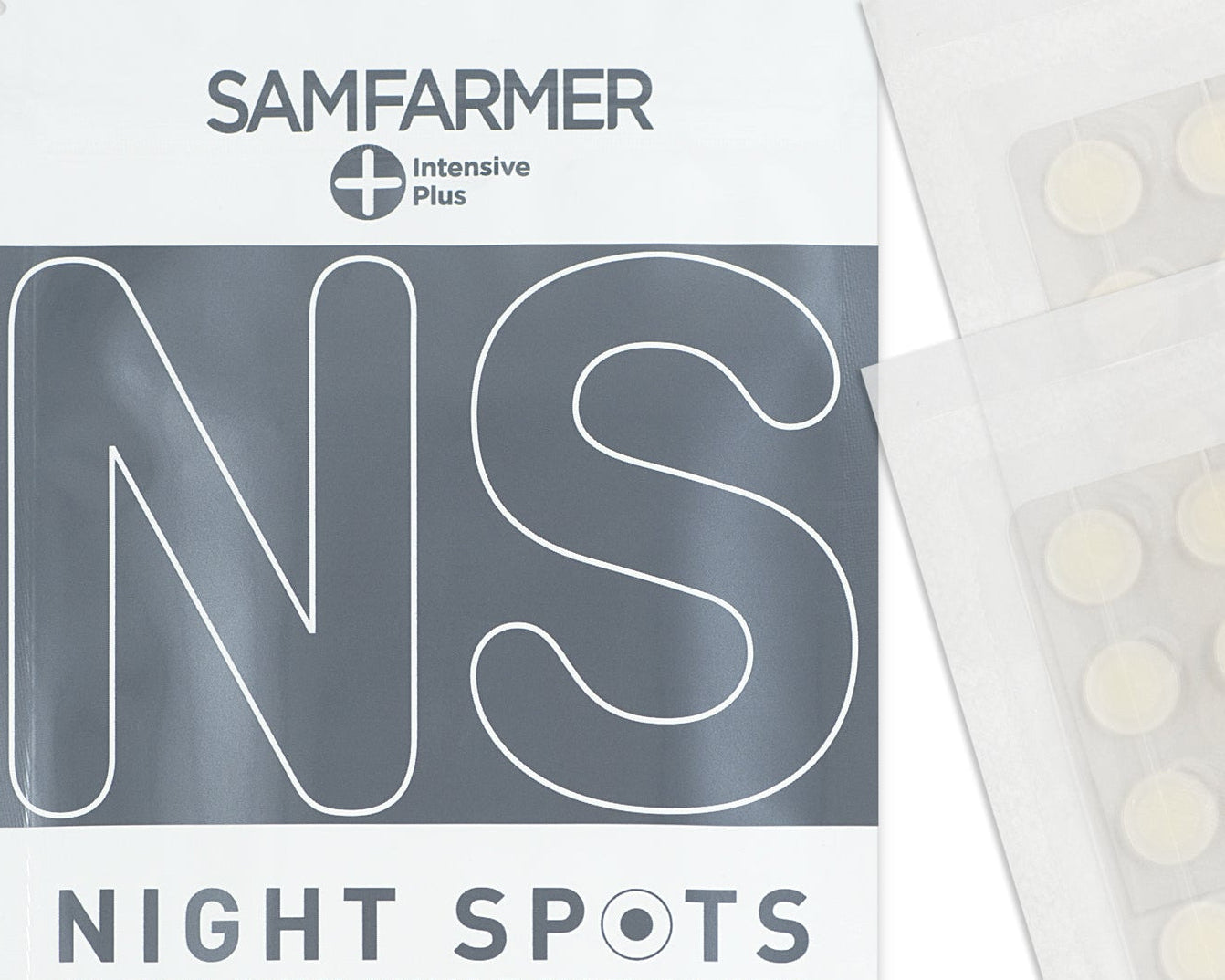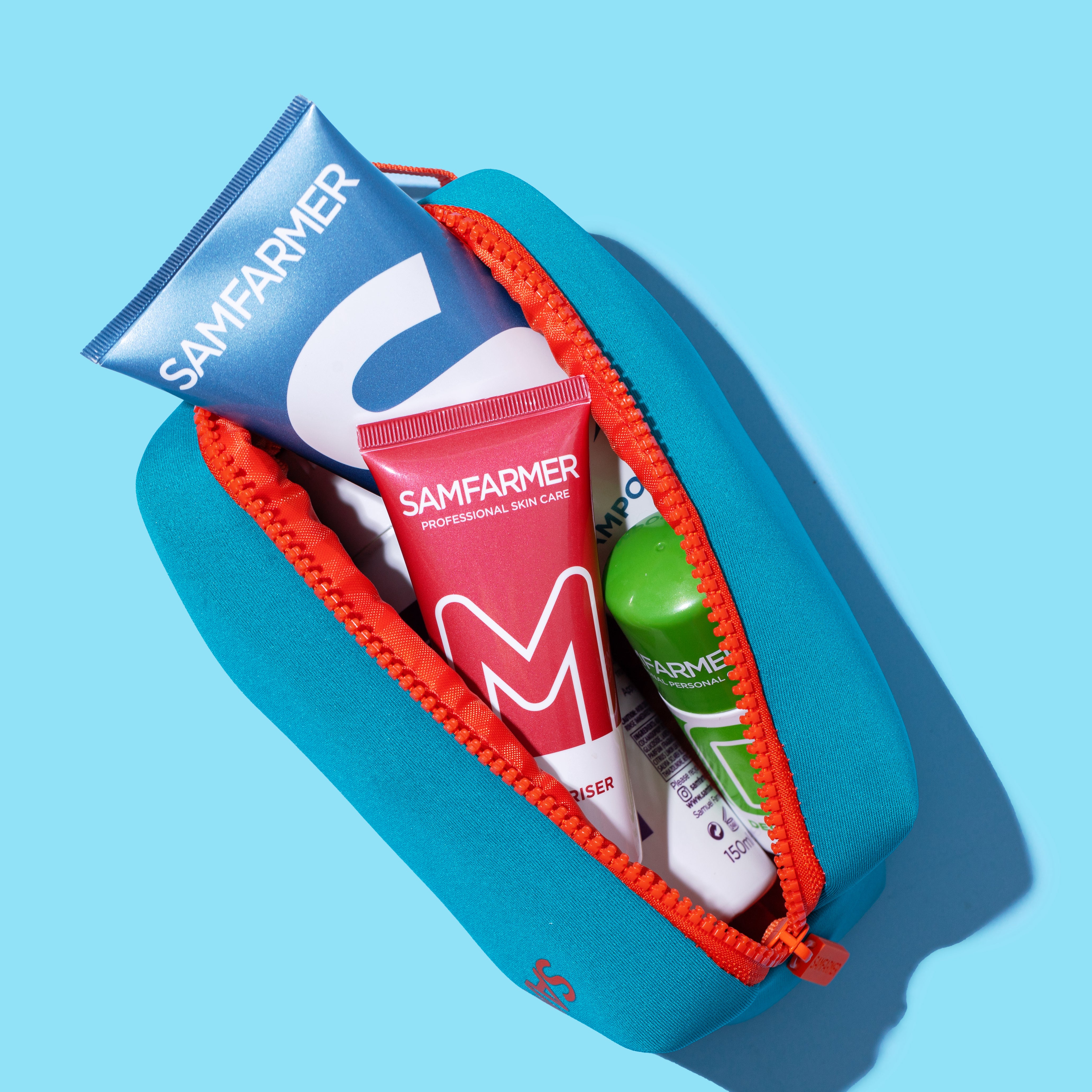
Starting a skincare routine as a teenager is a great way to establish healthy habits that will benefit the skin for years to come.
As a teenager, it’s hard enough just trying to get through the school day, never mind coping with the physical, mental and emotional changes that are happening due to hormonal changes.
Body odour, spots, oily skin and greasy hair are the main issues teens are having to deal with when it comes to personal care during this time.
Talking to your teen about personal hygiene should be done with care and patience, and you should let them know that you are there to support them.
8 tips for getting started with a good skincare routine

In the beginning it’s all about establishing a routine and forming a habit, trying to make the process as automatic and natural as brushing your teeth.
1. Cleanse: Use a gentle cleanser to remove dirt, oil, and makeup from the face. Cleansing at night is the key. If the skin can cope with morning and evening cleansing then this is a bonus. Use a soft cotton flannel and rinse well.
2. Moisturise: Moisturising is important for all skin types, even if you have oily skin. Choose a lightweight moisturiser as, generally speaking, teenage skin produces excess sebum that can lead to blocked pores. When cleansing we disrupt the lipid content in the skin and if a moisturiser isn’t used, the skin will try to overcompensate by producing even more sebum, this can, in turn, lead to more issues. Moisturising the skin after cleansing is absolutely essential.
3. Protect: Protecting your skin from the sun is crucial for preventing premature ageing due to UV damage, this will only become apparent well after the teenage years. It also reduces the risk of skin cancer. Try to use a broad-spectrum sunscreen with an SPF of at least 30. Realistically, this is difficult to implement in the teenage years. Find a sunscreen that is quick to apply, leave it by the entrance door so it’s easy to use before leaving for the day. Make sure the tops of the ears are covered.
4. Exfoliate: Exfoliating helps to remove dead skin cells and promote cell turnover. Use a gentle exfoliating product once or possibly twice a week, depending on your skin type.
5. Specific: If you have specific skin concerns, such as acne, consider adding a targeted product to the routine. Look for products that contain ingredients like salicylic acid for blemishes and spots and marine algae for sore or ‘angry’ looking skin.
6. Change pillow cases often, at least once a week.
7. Don’t be put off seeking medical advice either from your GP or consult a dermatologist if there are persistent skin concerns or if the skin is getting your teenager down and making them feel miserable.
8. Remember the absolute essentials
- Cleanser
- Moisturiser
If possible use a broad spectrum SPF (This is essential in the summer and remember to also apply to the tops of the ears).
Habits to remember for your skincare routine

Before using any product for the first time it’s a good idea to Patch Test each product. Most cosmetic products should be fine unless you have a confirmed sensitisation or allergy to a particular ingredient or chemical group, in which case this can be easily omitted by checking the ingredients list.
Don’t go to bed dirty – washing in the morning is, of course, absolutely fine but washing at the end of the day is far more important. If we think about all the different environments and the copious amounts of surfaces and objects touched in a day as well as everything else young people pack into their daily lives, not washing at the end of the day leaves dirt not just on the skin and hair but on all the bed linen, night after night.
Finally, be patient and consistent with any skincare routine. It can take several weeks to see results so don't give up if you don't see immediate changes. Consistency is key, teenagers will get spots, it’s what happens at this stage of their lives but with a consistent and practical skin routine the frequency can be diminished and skin kept in the best of health.
If teens become negatively affected by a skin condition and their mental health changes then seek advice from your GP or go directly to a Dermatologist, don’t wait.


